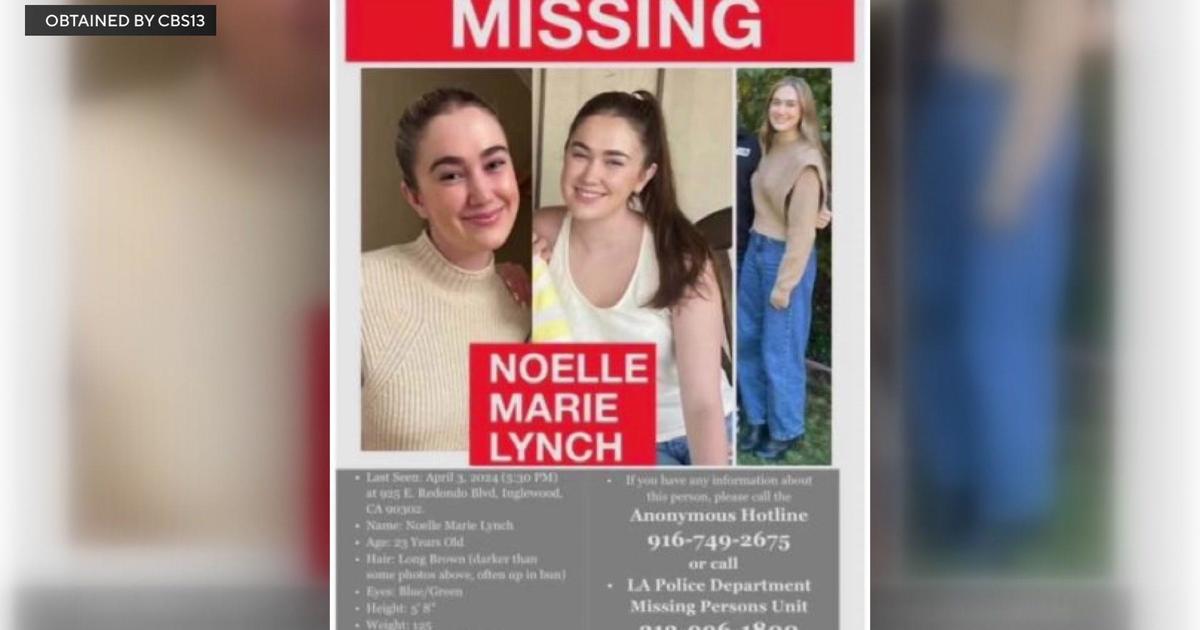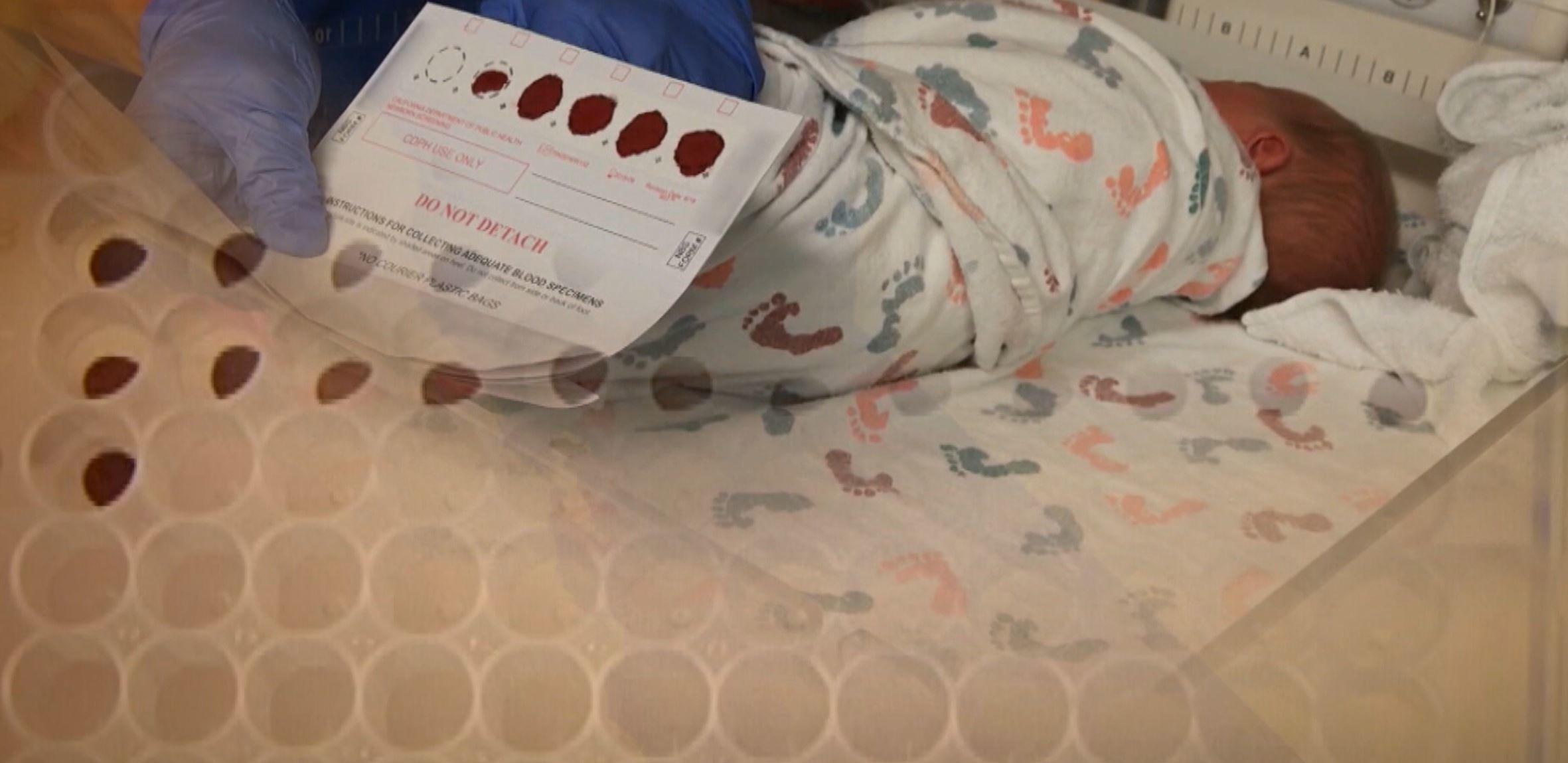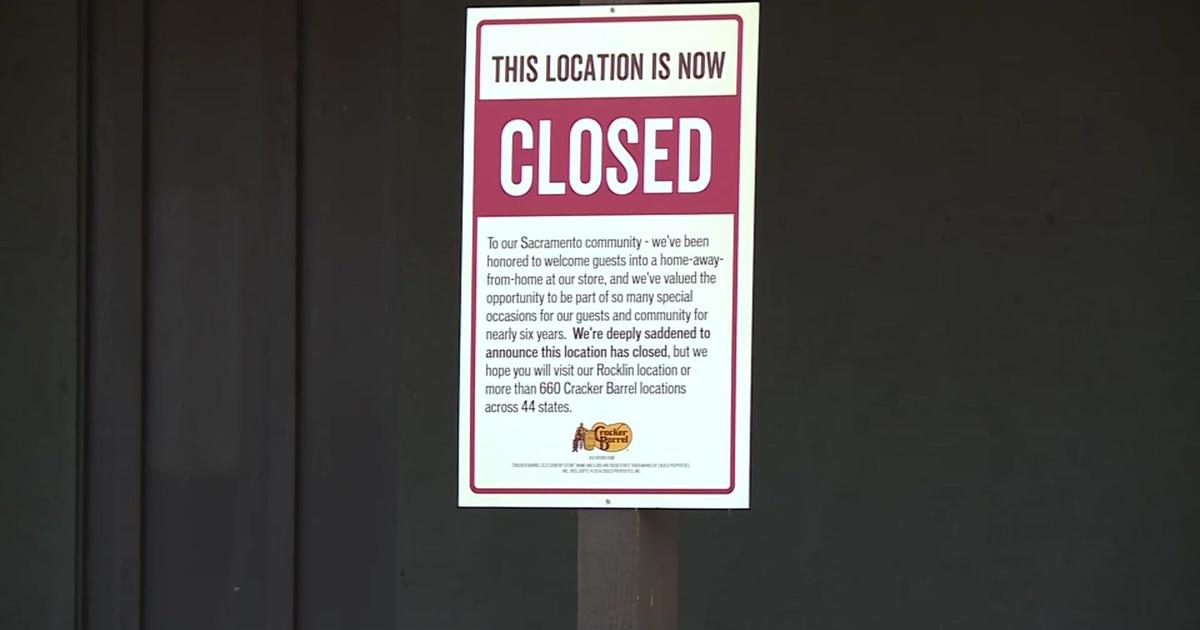Genetic Genealogy Used To Crack Golden State Killer Case Opened Door For More Than 150 Cold Cases
SACRAMENTO (CBS13) — It's estimated that more than 150 violent cold case suspects have been identified using genetic genealogy since the arrest of the Golden State Killer.
The technology wasn't new, but the Sacramento case opened the door for genealogy crime-fighting nationwide.
Carol Robert's daughter Tracie and her friend JB were found dead at 17 in the trunk of their car. The case went cold until decades later the Ozark's police chief was inspired by the genealogy DNA detective work by the Sacramento District Attorney.
"When the Golden State Killer got caught, I just thought why not try to apply that to this case?" Chief Marlos Walker said.
And he's not alone. Citing the Golden State Killer case, law enforcement agencies across the country are turning to investigative genetic genealogy.
The cases of eight-year-old Kelly Prosser, Idaho's Angie Dodge, elementary school teacher Christy Mirak, Anna Hlavka, Clifford and Linda Bernhardt are just some of the estimated 150 cold cases recently cracked. Many, were solved with the help of one company — Parabon NanoLabs.
Parabon says they've now helped identify 116 violent criminals using same method as the Sacramento DA — developing a genetic profile to create a family tree, then uploading the data to a public genealogy database, like GEDmatch, and compiling a list of people who share DNA with the suspect.
"It took perseverance to find him, to find that he even existed, and then identify him, and then of course our wonderful, wonder officers and investigators took that across the finish line," Parabon's Chief Genetic Genealogist, Cece Moore, said.
Moore, explains you can't convict on their DNA evidence alone.
"We're providing a highly scientific tip, but nobody is going to be arrested based on what we say alone. Law enforcement has to take that tip and then go and build their traditional forensic case against this person," Moore said.
And she says they wouldn't be offering investigative genealogy at all if it weren't for the Sacramento DA. Before the Golden State Killer case, Parabon did offer genetic services to law enforcement and genealogy services to people looking for relatives. But they had ethical concerns about combining the two and using DNA submitted for genealogy to find criminals because people submitting samples back then didn't realize they could be used by law enforcement.
GEDmatch has since changed its policy, requiring people opt-in to share their DNA. And as a result, the total number of samples dropped from over a million before DeAngelo to about 260,000 today. Samples that are crucial for at least 150 families so far, who, like Carol, hope genealogy leads to justice.
"All I've ever wanted to do was stand in front of someone and ask why," she said.
FamilyTreeDna is now also sharing offering law enforcement services, increasing the pool of potential matches, but MyHeritage, 23&Me and Ancestry say they do not allow law enforcement access.



